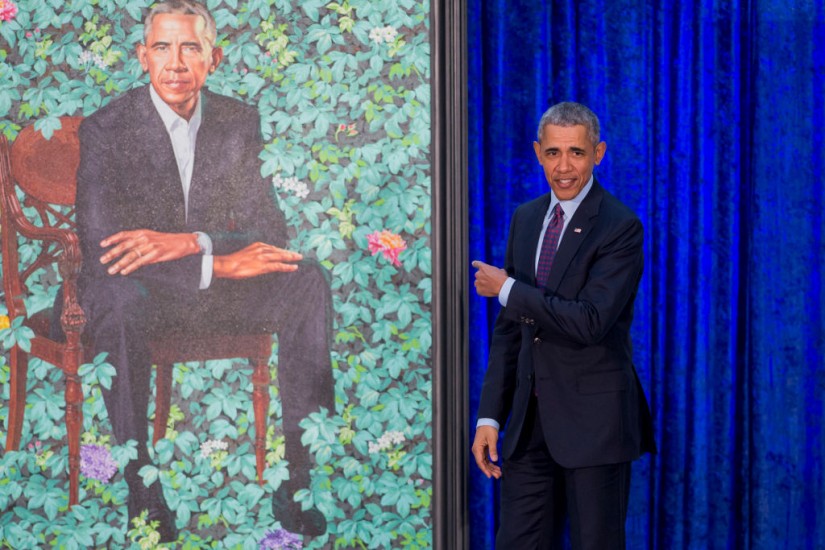Then there is NARA’s ghastly record when it comes to honoring these institutions’ actual statutory reason for existing. The Reagan Library “lost” thousands of pages of records concerning John Roberts’s time at the Justice Department, “‘finding’ them once he was confirmed by the Senate.” Don Wilson, the national archivist appointed by Ronald Reagan (on the recommendation of Dick Cheney), was so bad that the Senate Committee on Governmental Affairs, which usually superintends the library system with about as much vigilance as the Intelligence Committee reins in the CIA, was forced in 1992 to conclude he had “failed to exercise care and diligence in fulfilling his responsibilities.” So why in the world did George H.W. Bush name Wilson executive director of his library and foundation? Could it be because with only hours left in the Bush I term, Wilson signed a secret document granting Bush physical custody of the White House email backup tapes? (A federal judge would later strike this document down as “arbitrary, capricious, an abuse of discretion, and contrary to law,” but by then Wilson had already begun his new job.)
Presidential libraries suffer backlogs of unprocessed Freedom of Information Act requests stretching back for as many as a dozen years. No wonder the transparency activists at the Center for Effective Government gave the National Archives and Records Administration—the National Archives and Records Administration!—an “F” in the center’s 2014 Access to Information Scorecard. NARA defends this whole rotten system with an absurdly anachronistic and specious argument, writes Clark: “Presidential libraries need to continue to be spread out around the country so that more people may access the records”—“cover,” he says, “to secure continuing taxpayer subsidies for the private history at the library museums—since the records aren’t, and won’t be, available.”
Which brings us back to Chicago, and the current presidential aspirant to immortality. Like so many things Obamian, when it comes to transparency, fantasies of reform turn to ashes in our mouths. On the very first day of Barack Obama’s first term, civil libertarians cheered when the new president reversed an executive order removing White House emails from the reach of Freedom of Information Act requests. Then, this year, on March 17, the White House made an announcement: it was removing White House emails from the reach of Freedom of Information Act requests.
It was altogether Nixonian—or Chicagoan, whichever you prefer. As it happened, that same week Mayor Emanuel hosted a “unity breakfast” at which speaker after speaker proclaimed Chicago the only imaginable place for a Barack Obama library. And that was but the prelude to a unanimous March 18 City Council vote removing any remaining municipal legal impediments to turning over park land to the Obama Foundation—nearly, but not quite, the culmination of months of secret efforts by Emanuel’s donor-heavy political establishment to wire the deal.
